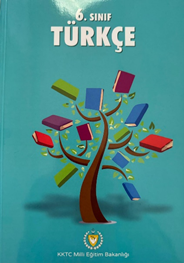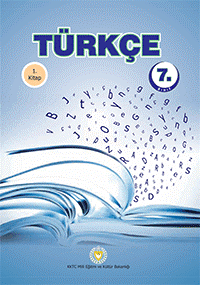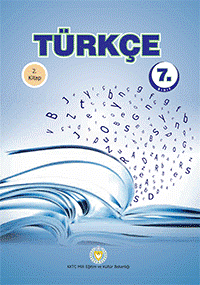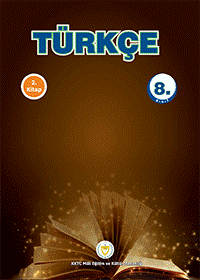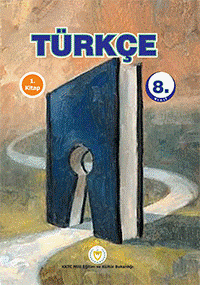Turkish
Vision and Goals
VizyonumuzThe Turkish Language Curriculum is based on the principle of developing students' comprehension (reading, listening) and expression (speaking, writing) skills. The aim of this program is to raise students who have developed the habit of reading, questioning, thinking creatively, debating, making comparisons to reach synthesis, gaining aesthetic taste, being sensitive to national and universal values, and being able to use their mother tongue successfully in both oral and written expression. Various cultural and academic activities are included in the curriculum to achieve these goals.
Our Vision
The Turkish Department of Levent College aims to provide its students with the opportunity to discover the beauty and richness of the Turkish language, to improve their language skills, and to develop the ability to analyze literary works. The department contributes to the academic and personal development of students by providing them with knowledge of Turkish literature, grammar, literary history, and critical thinking skills.
The vision of the Turkish Department at Levent College is to emphasize the importance of the Turkish language and literature and to help students become highly knowledgeable in this field. The department aims to help students discover the richness of the Turkish language, develop their skills in self-expression and communication, and gain in-depth knowledge of Turkish literature and culture to analyze literary works.
Our Goals and Values
The aim of the Turkish Department is to develop and update Turkish Language and Literature teaching methods in a way that will ensure the production of graduates with special skills who can compete in the academic and professional job market. One of the most concrete developments we have seen in the wind of change in education is the renewal of education programs. These renewals have not only involved changes in the programs but also the methods applied and the textbooks used in schools, which have been reorganized with a new understanding.
Naturally, "mother tongue education" or "Turkish language education", which are an important part of education and also have a directing role in the education of other fields, have been affected by these new approaches and have been reconsidered with quite different perspectives than before. The four most notable aspects of the new philosophy introduced in Turkish language education are "constructivism", "student-centeredness", "activity-based learning", and "thematic approach".
